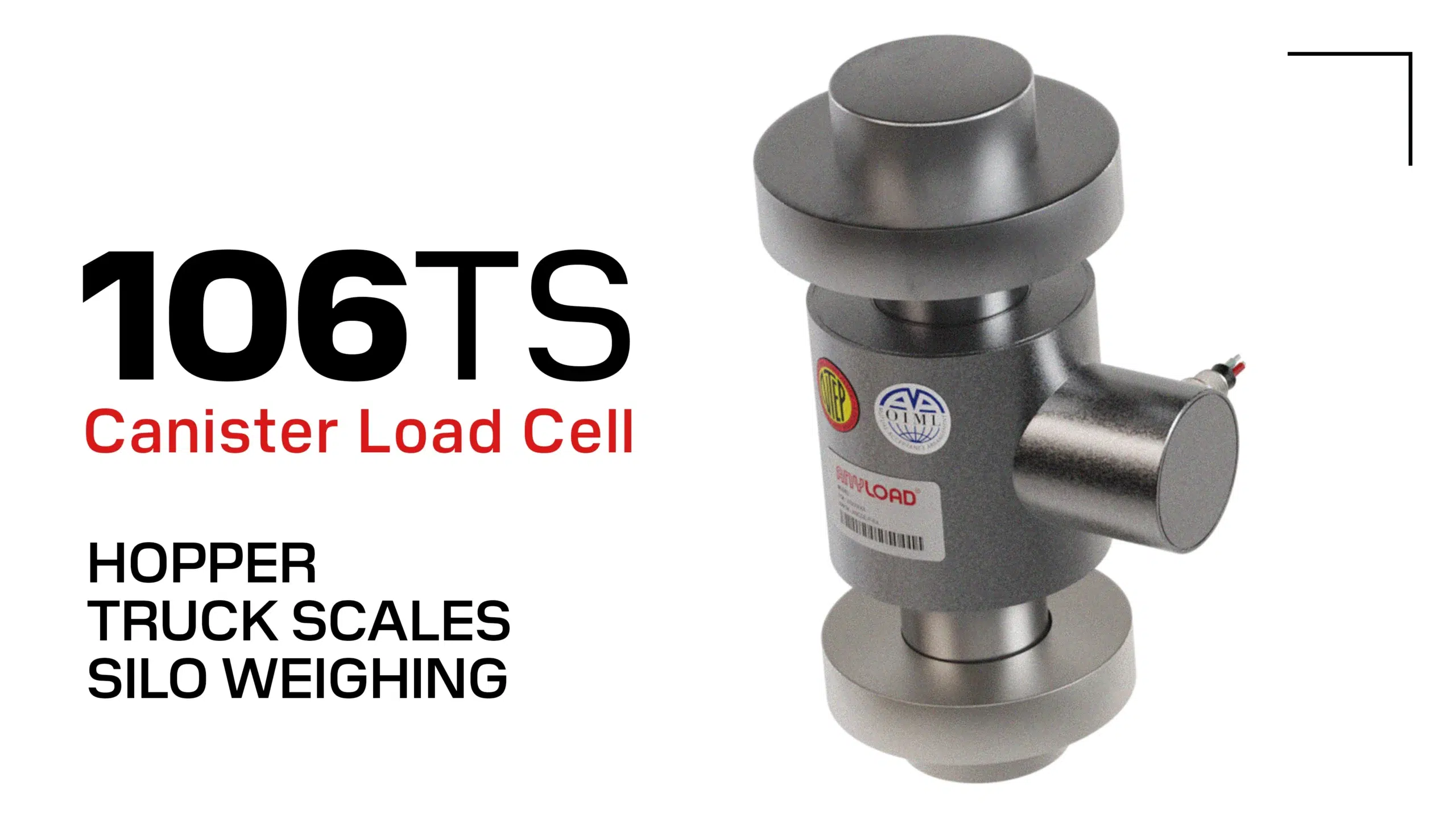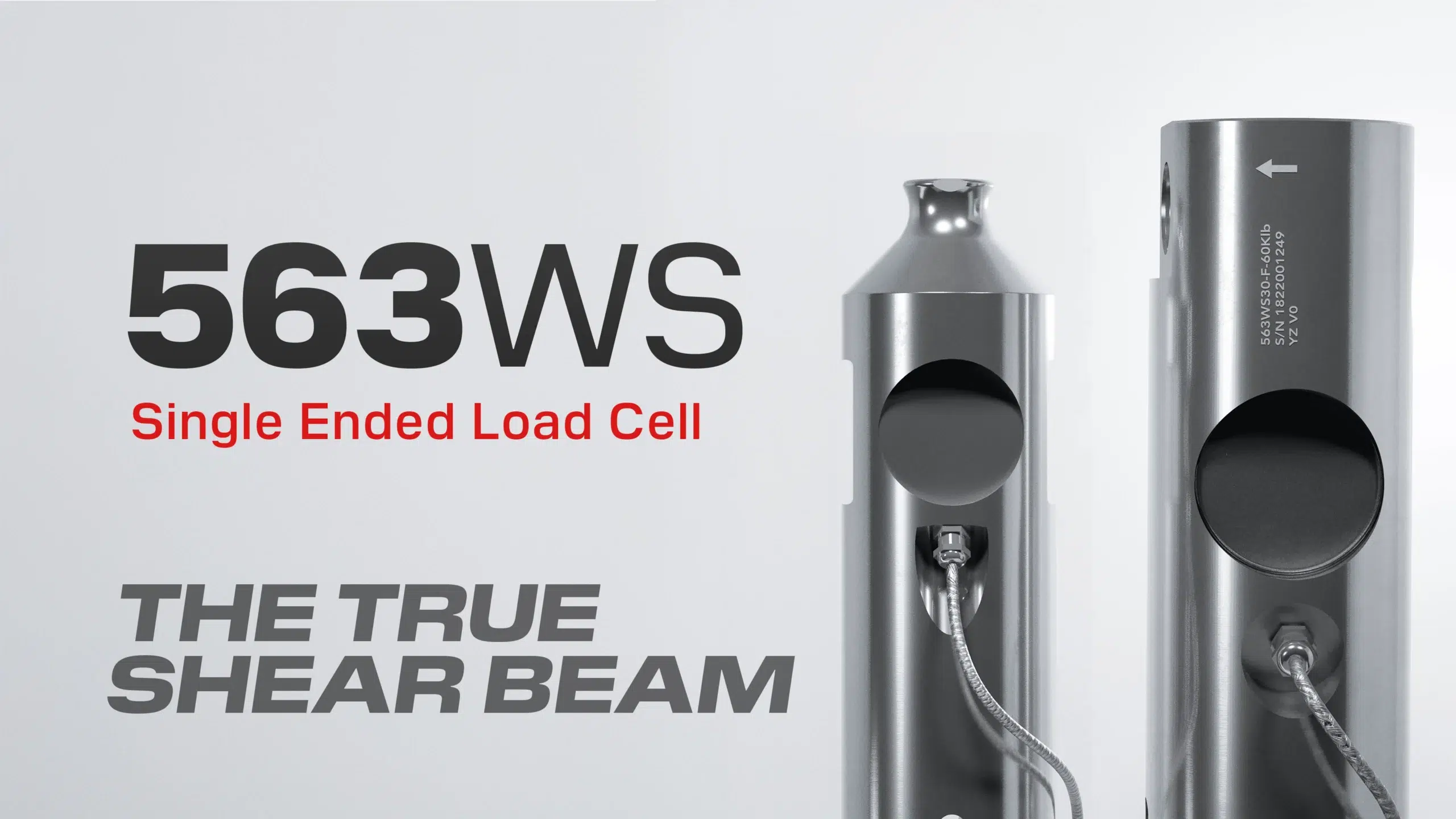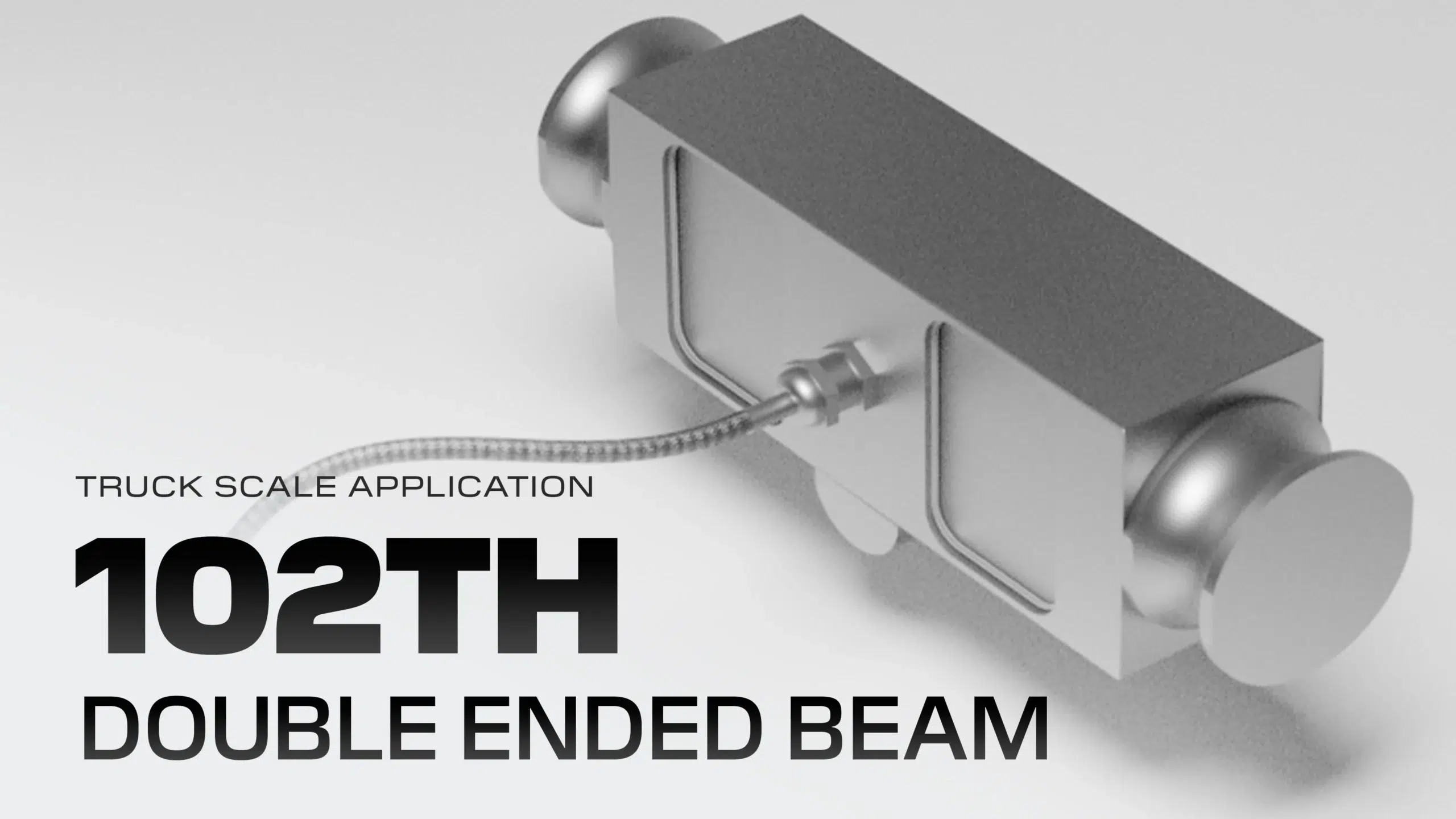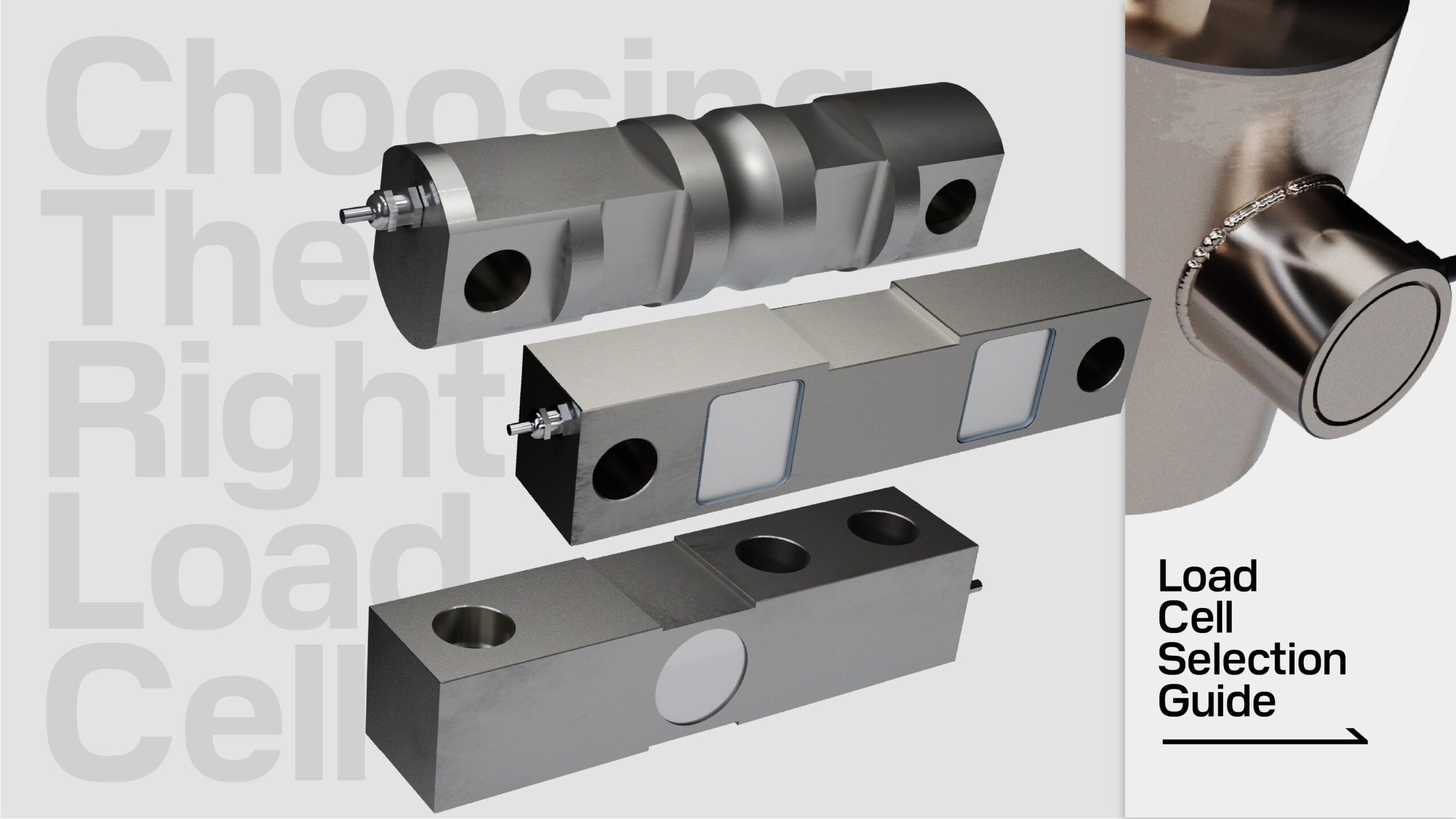Conflict Minerals
Anyload, as a leading manufacturer in the load cell and weighing systems industry, acknowledges the significance of the Dodd-Frank Wall Street Reform and Consumer Protection Act, specifically Section 1502 concerning conflict minerals. In compliance with this Act, we engage in practices that align with the U.S. Conflict Minerals Law, ensuring responsible sourcing for our load cells, scales, and force measurement products.

It is pertinent to note that the core materials used in the manufacture of our products, including load cells and weighing systems, do not substantially incorporate conflict minerals – namely tin, tungsten, tantalum, and gold – which are often linked to funding armed conflicts in the Democratic Republic of Congo (DRC) and surrounding regions. The minute quantities (third-party testing verified to be <0.1% of product volume) of these minerals that may be present are typically found in secondary components like microchips, which are procured from our suppliers.
Our procurement process includes due diligence measures that align with the requirements of the Dodd-Frank Act. However, given the complexity and depth of global supply chains, it is important to recognize the challenges associated with accurately tracing the origins of every secondary component. Anyload’s commitment in this regard is focused on minimizing the use of conflict minerals to the extent practical and feasible within the constraints of existing global supply networks.
We maintain a policy of compliance and transparency with respect to the sourcing of materials. We are willing to address specific inquiries from our current and prospective customers regarding our procurement and sourcing strategies as they relate to conflict minerals.
For more information, please submit an inquiry.









